
As much as I love The Beatles, their solo careers have always mildly disappointed me. If you put ten years of your life into a burst of creativity, it makes sense that you don’t have much left in the tank for a solo career. Of course, they do have moments of greatness – George Harrison’s All Things Must Pass, McCartney’s ‘Maybe I’m Amazed’, and John Lennon’s ‘Instant Karma’ are all brilliant – but overall, after presiding over mainstream pop/rock in the 1960s, the individual members fell back into the pack as solo artists in the 1970s.
In Paul McCartney’s case, he often had plenty to offer musically, but without Lennon to moderate his tackier impulses, he sometimes lapsed into sentimentality on songs like ‘Silly Love Songs’ and ‘My Love’. But his 1970s career, largely with the band Wings, wasn’t strong enough that he could afford to relegate a brilliant song like 1979’s ‘Daytime Nighttime Suffering’ to a b-side. This is how it happened:
“When Wings was recording Back to the Egg, Paul had announced to the other band members that if they could come up with a good enough song, it would be recorded and put on B-side of the single. Such a generous gesture opened financial doors for the other band members, as the song could earn a small fortune as the flip side of a hit single. Each member–including Linda–spent the weekend trying to compose the song, but when Monday morning rolled around, Paul announced that he had written ‘the one.’ It was included as the B-side of ‘Goodnight Tonight’, which hit the top ten on both sides of the Atlantic in the spring of 1979 and went gold in the United States.”
Band on the Run: A History of Paul McCartney & Wings by Garry McGee
‘Daytime Nighttime Suffering’ is the kind of song that Paul McCartney excels on – a mid-tempo tune with ornate studio magic, a deceptively sophisticated chord sequence, and a great bass-line, recalling Beatles songs like ‘Lovely Rita’ and ‘Hello Goodbye’. Even though it was originally a b-side and has never been played live, it has been recognised in posterity, with McCartney mentioning it as a favourite and including it on the career retrospective Wingspan.
What does she get for all the love she gave you
There on the ladder of regrets?
Mighty river, give her all she gets
What does she get for all the love she gave you
There on the ladder of regrets?
Daytime night time suffering is all she getsWhere are the prizes for the games she entered
With little chance of much success?
Daytime night time suffering is all she getsCome on, river, all the flow
Let your love of you people show
Come on, river, flow through me
Let your love of you people be
You are the river, I am the stream
Flow mighty river through meWhat does it pay to play the leading lady
When like the damsel in distress
Daytime night time suffering is all she gets
No less (no less), no more (no more)
No sea (no sea), no shore (no shore)
No sand (no sand), no pail (no pail)
No fairy tale anymoreCome on, river, flow through me
Don’t be stopped by insanity
Come on, river, overflow
Let your love for your neighbors grow
You are the river, I am the stream
Flow mighty river, through me
Daytime night time suffering is all she gets?
Oh, oh, daytime night time suffering is all she gets
Oh, oh, daytime night time, night time suffering is all, is all she gets, she gets
What does she get for all the love she gave you
11 Comments
Leave a Reply
About
Aphoristic Album Reviews is almost entirely written by one person. It features album reviews and blog posts across a growing spectrum of popular music.
Review Pages
Read about the discographies of musical acts from the 1960s to the present day. Browse this site's review archives or enjoy these random selections:
Blog Posts
I add new blog posts to this website every week. Browse the archives or enjoy these random selections:
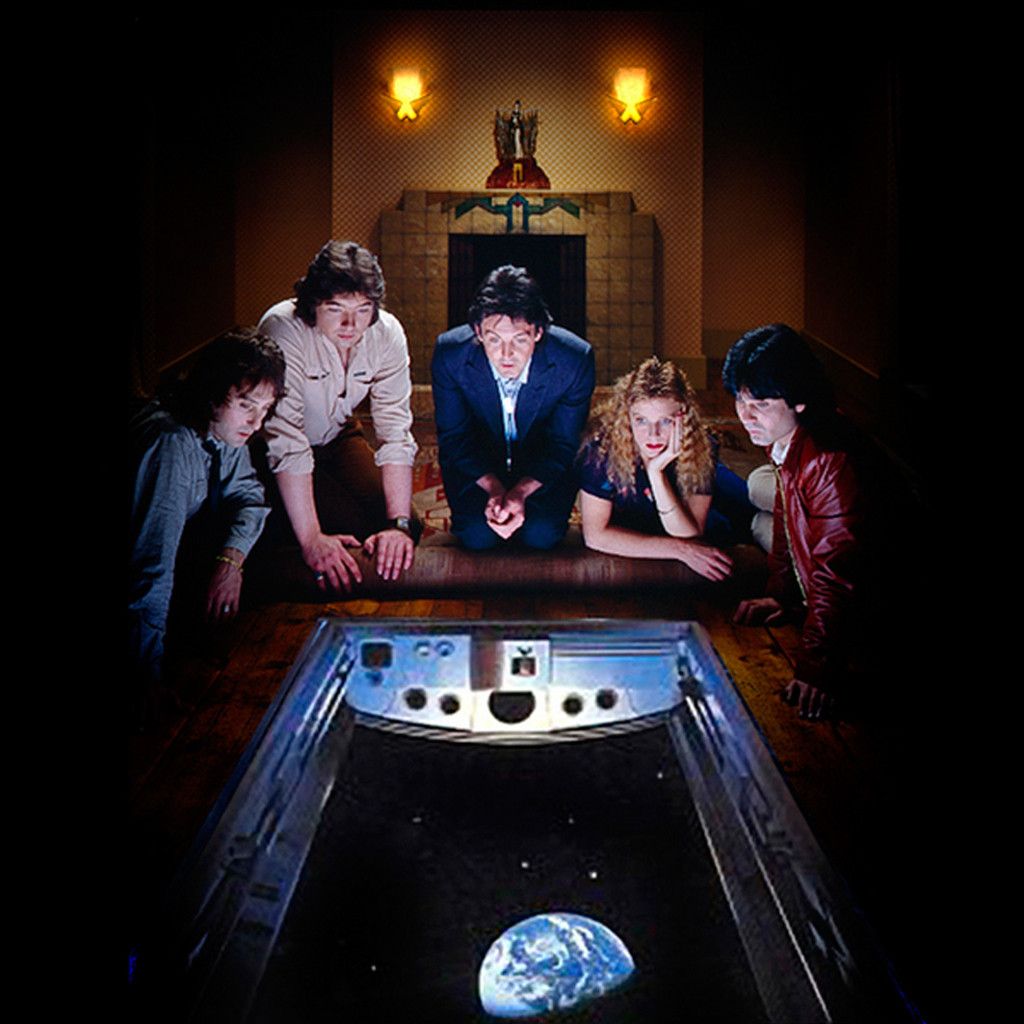
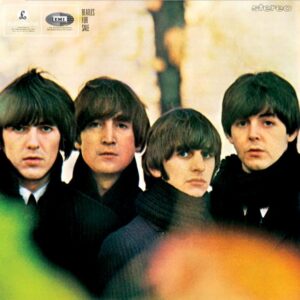
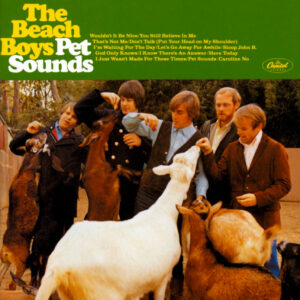
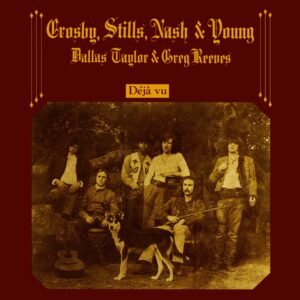
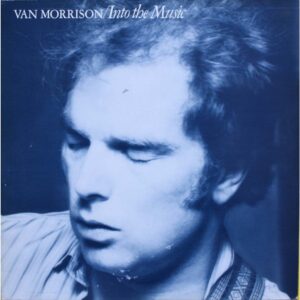
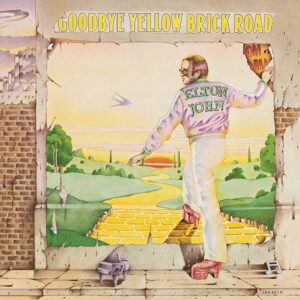
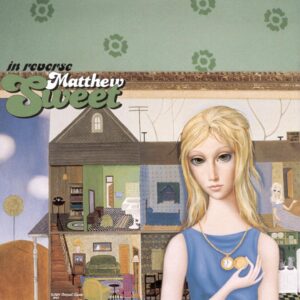
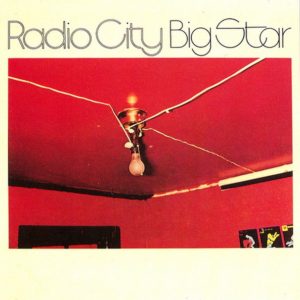
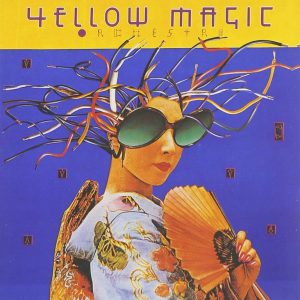
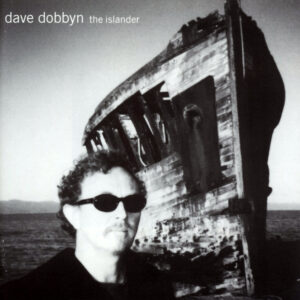


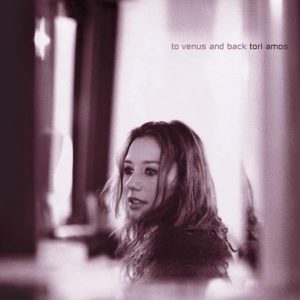
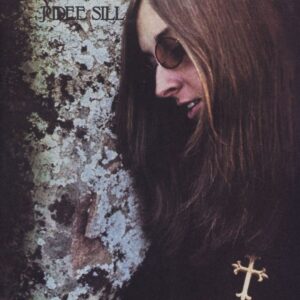
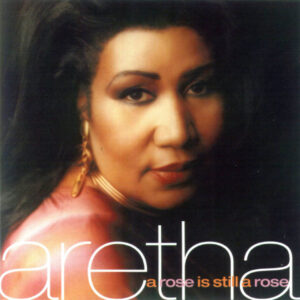
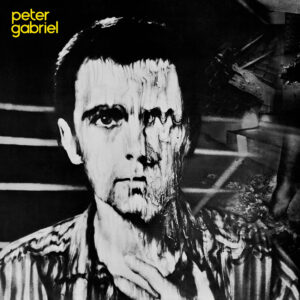
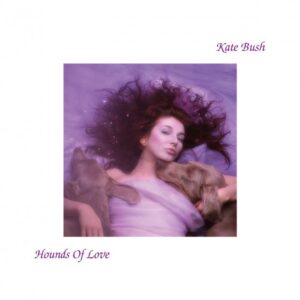




I have always liked the harmonies at the first of it.
Yup, it’s a great platform for this things that McCartney did well. Did he have a better song in the second half of the 1970s? Maybe ‘Listen To What The Man Said’.
The two songs I remember most from the later seventies other than Silly Love Songs (I still like the bass line he played just not the song as much) are Coming Up and With A Little Luck…which I would put Listen To What The Man Said and this one over those…
With A Little Luck is good too actually, but it’s a step down from his early 1970s.
I absolutely agree with you- I am a Beatles fanatic but not all that overwhelmed by their solo careers. There are songs and albums that I like and if there had never been Beatles- just these individual solo careers I would have liked them to a degree individually- but as you said they fell in with the rest of the pack during the 70’s- not standouts. Maybe that makes what they did with The Beatles even more amazing!
There are often a few reasons, right. Often pop/rock musicians do their best work in their first decade, and sometimes personalities balance each other well. I like the Australian indie band The Go-Betweens, but their solo records aren’t as exciting – Grant McLennan is sappy without Robert Forster, and Forster is too austere without McLennan. Similar to the Lennon/McCartney partnership.
I liked Wings back in the 70s but I thought the “Back to the Egg” albums was too disco for my liking.
Did not know that B-side. Good stuff!
That opening sentence describes my feelings as well – moments of brilliance to be sure, though as a group, there weren’t too many non-brilliant moments!
I do think of the group’s career as the shape of a standard distribution curve, peaking in 1966 and 1967.
I see it more as bimodal, with 2 peaks around Revolver and the white album!